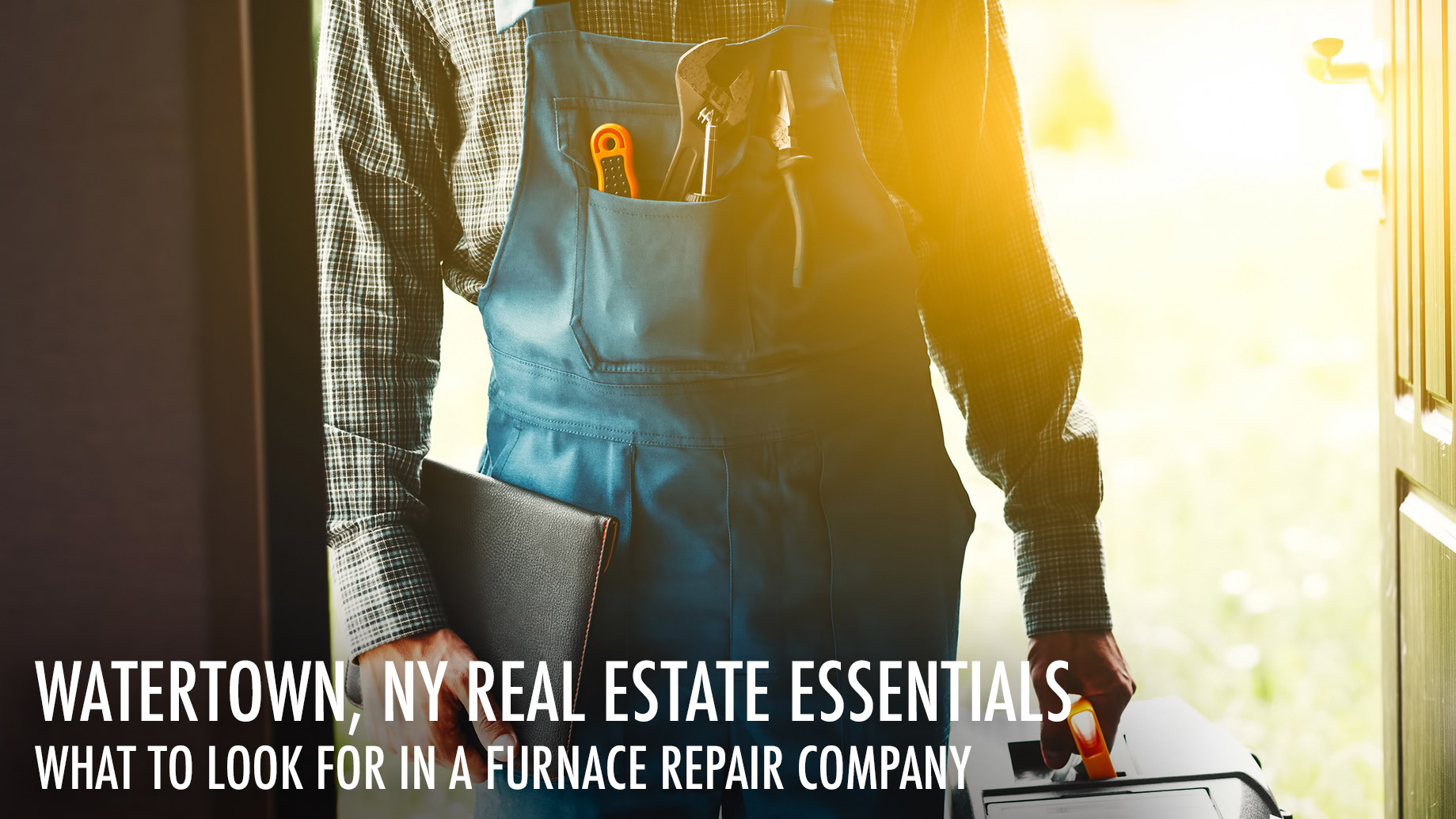
If you are thinking about bringing your home to market soon or are in the process of prepping to sell, it can be a really frustrating to find out that your furnace just stopped working, especially during freezing winter months. Many homeowners take annual furnace preventive maintenance for granted. For a comfortable home and a dependable heating system, you need to make sure that your furnace, along with your entire HVAC, is in its best shape. You can’t get away with furnace problems when you are going to sell, so if there are any issues, you’ll need a furnace expert to check and repair your malfunctioning or failing heating system. But, how do you choose a furnace repair contractor?
In this post, you’ll learn the important things you need to look for when hiring a furnace repair company according to E&V Energy of Watertown, NY:
Experience
You’ll find a lot of HVAC contractors nowadays, and one way to differentiate and narrow down your choices is to choose one with the broadest experience possible. It won’t hurt asking a furnace company the number of years of experience they have in the industry. Of course, furnace services vary in quality depending on the background and experience a furnace technician has, and these factors can also affect the rate.
Here are some tips when it comes to choosing an experienced furnace company:
- Get referrals from family and friends who where previous customers of a furnace company.
- Check the website of the company like eandvenergy.com for the physical address, contact number, license number, and list of services. A professional HVAC contractor should have a physical address.
- Ask the right questions from your furnace company, in terms of services, rates, and references. How long have you been in the industry? Did you ever handle a similar furnace problem?
- Check for any complaints filed against the HVAC contractor at the website of the Better Business Bureau or BBB.
Credentials
New York City doesn’t require HVAC technicians to have a license. However, it’s better to find one who has a license. Even if your state doesn’t require licensing, it pays to check on the regulations with your local authorities.
Here are the other credentials you might want to consider asking your prospective furnace company:
- EPA Certification: The Environmental Protection Agency or EPA give certification to industries working with refrigerants. EPA certification comes in different types. The easiest to get is Type I, but consider Type II certification for more flexibility.
- Universal License: It’s an HVAC certification that doesn’t expire.
Note: It’s often vital to obtain all the necessary documents to support the furnace professional who will do the job. The official license of the furnace company should bear the business name, physical address, and contact numbers. Don’t forget to verify the license number with the authorities.
Right Tools and Equipment
Prepare your home for winter or get it ready for sale by hiring a good furnace company with the right tools and equipment. Always ask if the furnace technician has a complete set of tools. Check if the contractor can show up and provide all the tools needed for furnace repair, and for minor or major furnace issues. You don’t want to end up waiting for the technician to find or borrow a tool from another technician or your neighbor.
Insurance
When it comes to furnace repair, it’s important to check if the contractor has insurance. Clarify with the furnace company if the service comes with a guarantee or insurance. This aspect is crucial because insurance offers protection to your property if anything happens during the repair. Without an insurance policy in place, you might end up spending more due to unforeseen or hidden damage to your property. Also, you might pay more for the liability or damages that come with the furnace repair if the technician gets injured.
Here are the types of insurance you need to look for in a furnace company:
- Commercial General Liability: Commercial General Liability is a type of insurance recommended to HVAC companies that cover property damage and accidental injuries.
- Workers’ Compensation: It pays payroll and medical costs for injured employees.
- Commercial Auto: It provides coverage for HVAC work vehicles after vandalism, theft, or accidents.
- Business Property: It covers materials, tools, and equipment lost due to damage or theft.